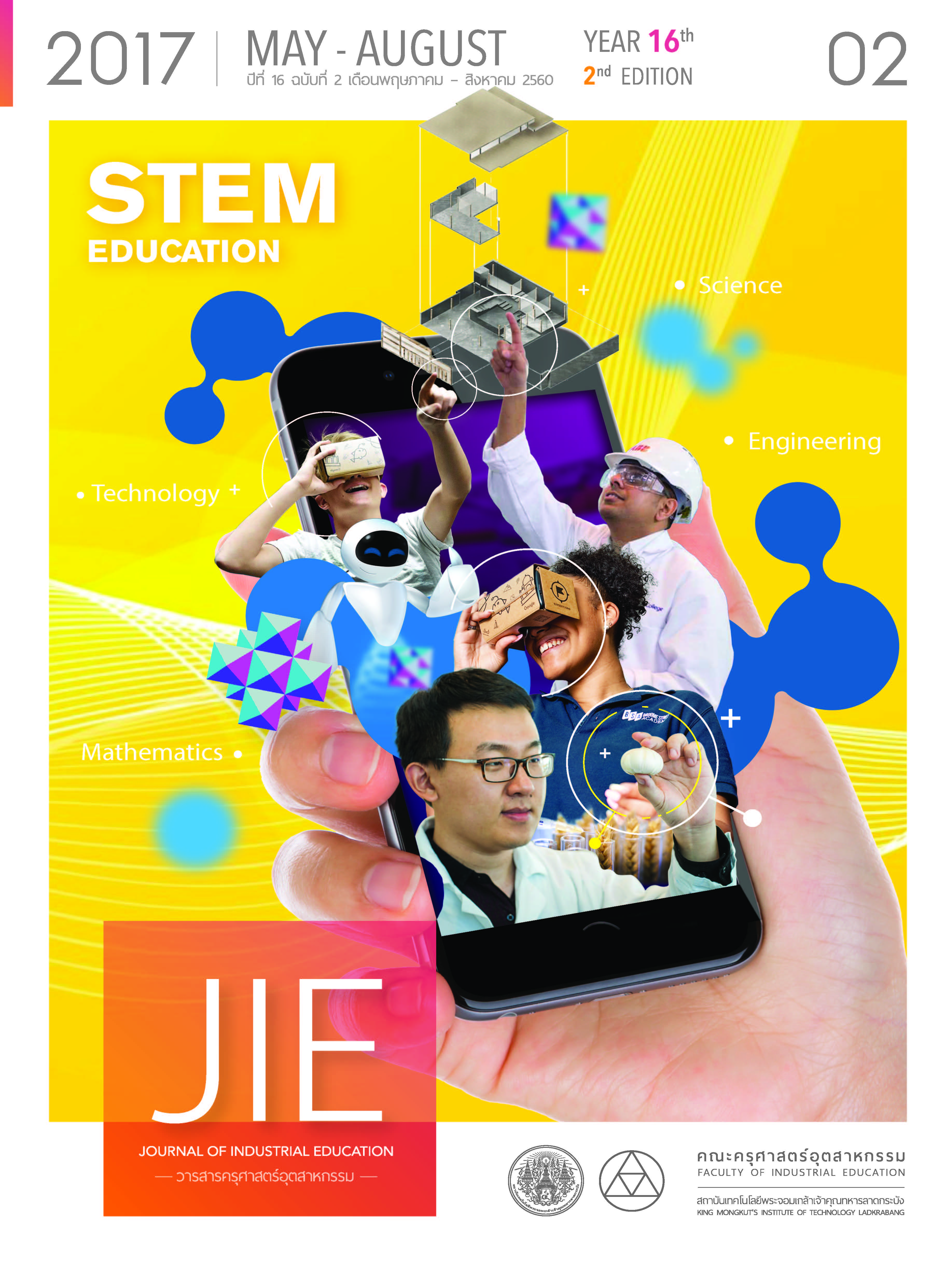THE 21st CENTURY OF SUSTAINABLE LEADERSHIP UNDER EDUCATION THAILAND 4.0 FRAMEWORK
Keywords:
Sustainable Leadership; The 21st Century; Education Thailand 4.0 Framework, Sustainable Leadership, The 21st Century, Education Thailand 4.0 FrameworkAbstract
Sustainable leadership aims to analyze the 21st century of sustainable leadership under education Thailand 4.0 Framework. Is qualitative study employed review of documentary to the data towards data analysis was analyzed by using three main stages, i.e.,data reduction, data organization, data interpretation to conclusion. The study revealed that sustainable leadership under the education Thailand 4.0 Framework needs to focus on development, awareness of duty and responsibility, equality, moral and knowledge. All aspects should be integrated together in order to achieve the organizational goals, good governance culture and identity. Importantly, there were six “key” elements of sustainable leadership under the education Thailand 4.0 framework: 1) Professional Leadership Role, 2) Leadership under Change, 3) Leadership Skills 4.0 in the 21st Century, 4) Development in the Pace with Change, 5) Creativity and Creative Tension, and 6) Hold True Assessments.
References
[2] Office of the Education Council. N.2017. Policy and Strategy of the Quality Education. Bangkok: Office.
[3] Teera Rutcharoen. N2010. Management Professional of Education Reform for Second Reform and External Third Assessment. 5thed. Bangkok: Kalfrang.
[4] Preyaporn Wounganutaroat. N.2003. Academic Management. Bangkok: Pimdee.
[5] Jompoung Moungklonvanit. N.2013. Management of Organization and Educational Personnel.2nd ed. Bangkok: Chulalongkorn University Press.
[6] Suwit Mesintree. N.2013. Chang the World: Adjust Thailand. Bangkok: Pimdee.
[7] Kasream Mesintree. N.2016. Strategy and Thailand 4.0 Reform. Bangkok: Ministry of Education.
[8] Barro, Robert j. 1991. Economic Growth in a Cross Section of Countries. Quarterly Journal of Economics, vol.106, p. 407-443.
[9] Harmon, Colm, Hessel Oosterbeek, and Ian Walker. 2003. The Returns to Education: Micro economics. Journal of Economic Surveys, vol.17, p. 115- 155.
Downloads
Published
How to Cite
Issue
Section
License
"The opinions and contents including the words in papers are responsibility by the authors."
"ข้อคิดเห็น เนื้อหา รวมทั้งการใช้ภาษาในบทความถือเป็นความรับผิดชอบของผู้เขียน"



